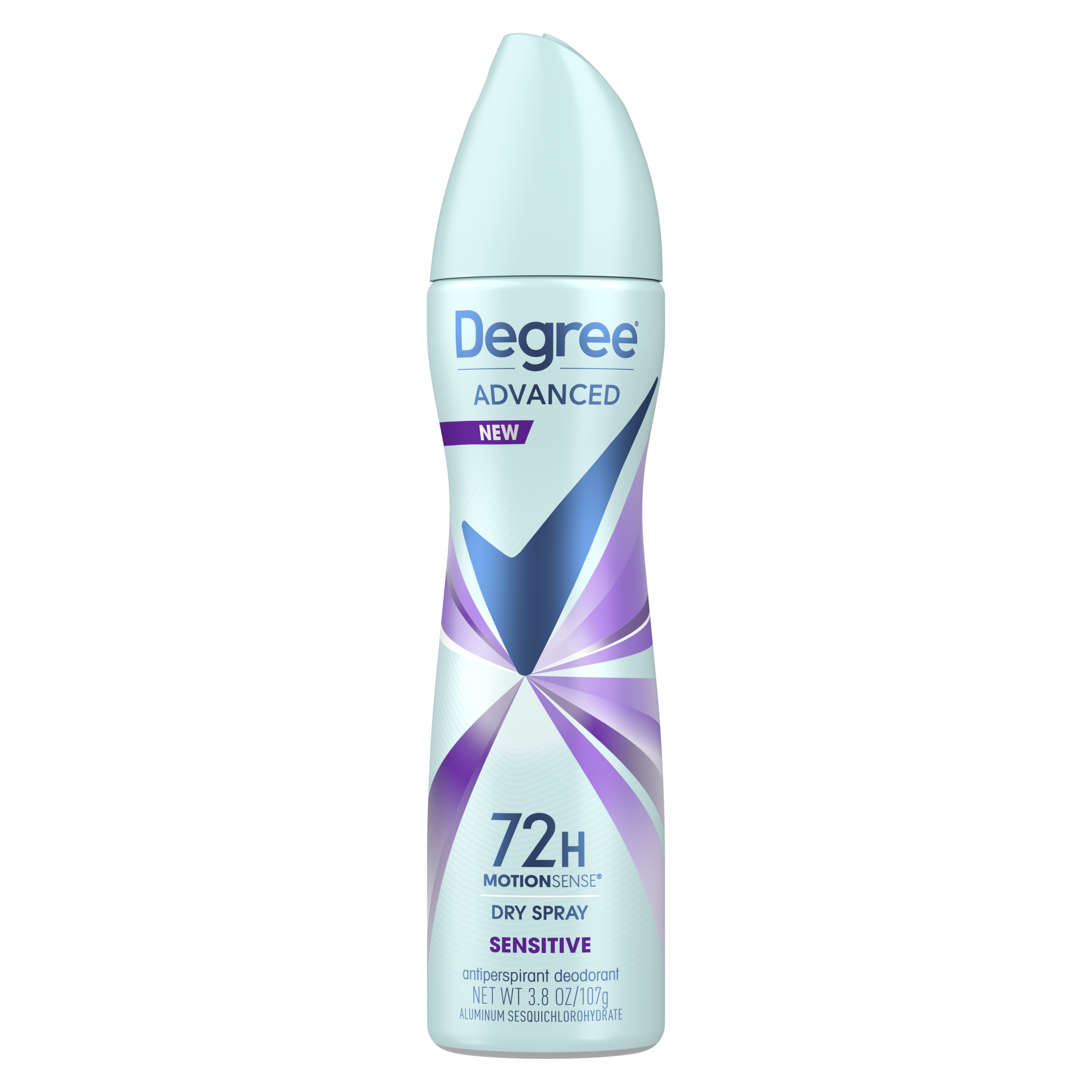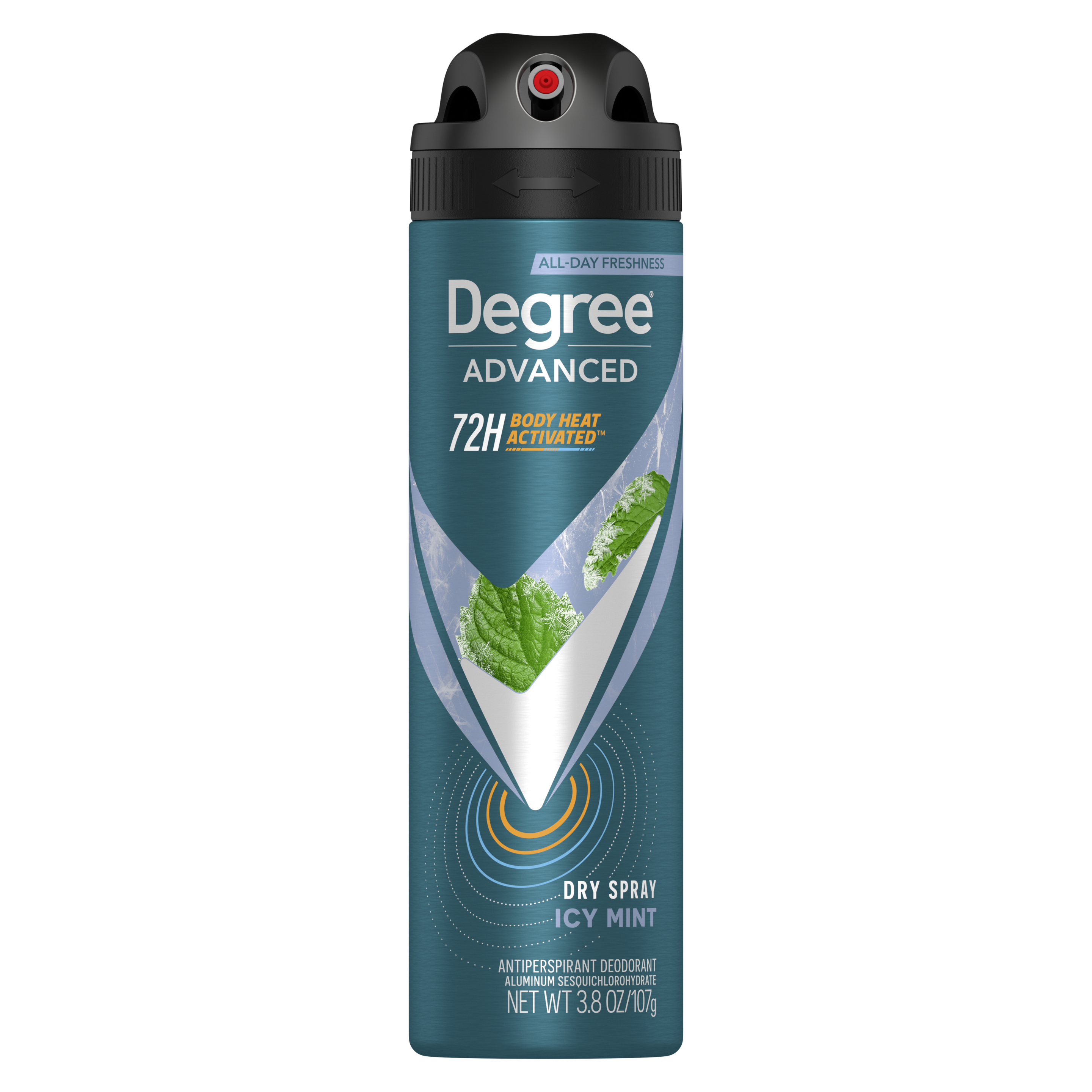1. You’re stressed or anxious
Sweating is a natural reaction to stress and anxiety. It’s essentially our bodies getting ready to fight or flee danger — whether it’s real or perceived — and sweating to cool us down.
Anxiety and stress sweat mainly comes from our larger apocrine glands, which are most concentrated in the armpits and groin. But, as stressful events can increase our heart rate and get the adrenaline pumping, additional sweat can come from our eccrine glands, which are concentrated in our feet, hands, and forehead.
2. You’ve got a health condition
Some prescription and over-the-counter medications can cause you to sweat more – this includes certain antibiotics, blood pressure medication, antidepressants and even certain types of pain medication.²
Similarly, certain diseases and health conditions like diabetes, hyperthyroidism and gout can also cause excessive sweating. Remember, if you have any of these conditions, it doesn’t mean that it’s causing you to sweat a lot – it could be something else.³
If you think your sweating could be caused by an underlying health issue, it’s best to contact your healthcare provider for advice.
3. You’re going through perimenopause and menopause
Night sweats... hot flashes... need we say any more? Perimenopause and menopause can make you sweat more than usual. Why? A fall in the hormone estrogen affects temperature regulation in the body. This causes our bodies to get too hot and sweat swoops in to cool us back down.⁴
This hormonal change also skews the ratio of estrogen to testosterone, which can cause you to sweat more. Women are also more prone to stress and anxiety through this transition, and — you guessed it — that can also make you sweat more.
4. You’re pregnant
You thought night sweats and hot flushes were just for menopause? Nope – they can happen during pregnancy, too. This is because pregnancy increases both hormone levels and blood flow. So, don’t worry, it’s totally normal to experience increased perspiration.





